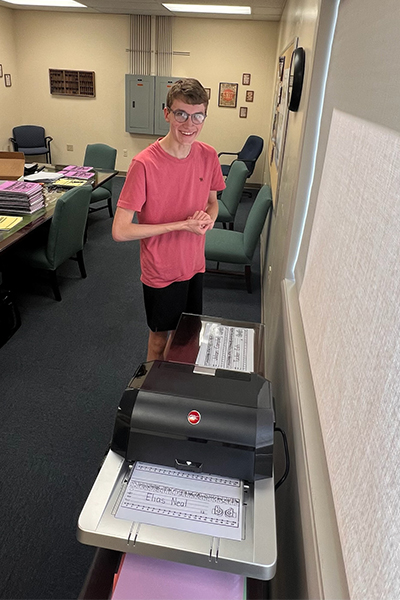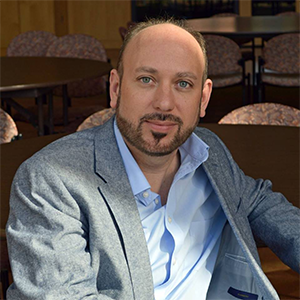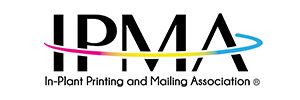The term neurodiversity was coined in 1998 by an Australian sociologist named Judy Singer. Singer, who is autistic, introduced the term to promote the idea that neurological differences such as autism, Down Syndrome, ADHD, and others are natural variations of the human brain rather than disorders that need to be cured.
This concept has gained traction among disability rights advocates, especially with the rise of online communities who are campaigning for wider acceptance and inclusion of neurodivergent individuals in the workplace. But print shop supervisors who wish to embrace this forward-thinking approach face the additional, critical challenge of maintaining high production standards. The demand for fine motor skills, precision, and attention to detail can make hiring people with limited abilities seem impractical.
However, with a little creative thinking, print shops can tap into this often-overlooked workforce. By doing so, they will bring some amazing people on board, people with unique strengths and abilities.
One practical approach is partnering with local high schools that offer programs for students with learning disabilities. At our shop, we’ve implemented a successful collaboration with such programs, integrating students into basic bindery operations. These students excel in repetitive, process-driven tasks, allowing skilled workers to focus on more complex production responsibilities. This approach not only provides meaningful employment opportunities but also helps optimize workflow efficiency.

At a recent IPMA conference, I shared our success story about partnering with local high schools to provide job opportunities for students with learning disabilities. In an incredible turn of events, a representative from General Binding Corporation (GBC) was inspired by our efforts and offered to support us. As a result, GBC generously donated a laminating machine to our shop. This contribution not only allowed us to expand our collaboration with schools but also helped us solve a pressing operational challenge – our laminating workload had exceeded our staffing capacity. With the new equipment, we were able to keep up with demand efficiently while continuing to create meaningful opportunities for students in our community.
I am hoping that anyone reading this will think creatively about how they too can include individuals with disabilities in their shop. By doing so, I guarantee they will enhance workspace culture and improve operational efficiency. Thanks to GBC and the supportive Leadership at Messiah University, I can now list 5 advantages to doing so:
1. Increased Retention & Loyalty – Employees with learning disabilities often exhibit strong workplace loyalty when given a structured and supportive environment.
2. Improved Team Morale – When companies invest in inclusive hiring, employees take pride in working for an organization that values diversity and innovation.
3. Enhanced Productivity – By assigning specialized, repetitive tasks to individuals who thrive in structured environments, skilled employees can focus on high-value production work.
4. Community Engagement – Building relationships with local educational programs strengthens industry ties and positions a print shop as a forward-thinking employer.
5. Tax Incentives & Funding – In some cases, businesses can benefit from government programs and incentives that support hiring individuals with disabilities.
While it may not be possible to integrate individuals with all types of disabilities into print production roles, there are creative ways to make it work. Consider starting with structured, repetitive tasks that don’t require highly refined motor skills.
By thinking outside the traditional hiring model, print shops can overcome staffing shortages while making a meaningful impact on employees and the community. A well-planned approach to NeuroDiversity hiring isn’t just an act of goodwill – it’s a smart business decision that can lead to a more resilient and innovative workforce.

Dwayne Magee, CGCM is in his 19th year as director of Messiah Press at Messiah University in Mechanicsburg, Pennsylvania. His department was recipient of Messiah University Team Falcon Award, the 2018 IPMA Organizational Impact Award and the 2015 IPMA Innovation Award. Prior to joining Messiah, Dwayne worked for 17 years at AlphaGraphics as an assistant manager and ISO coordinator.
